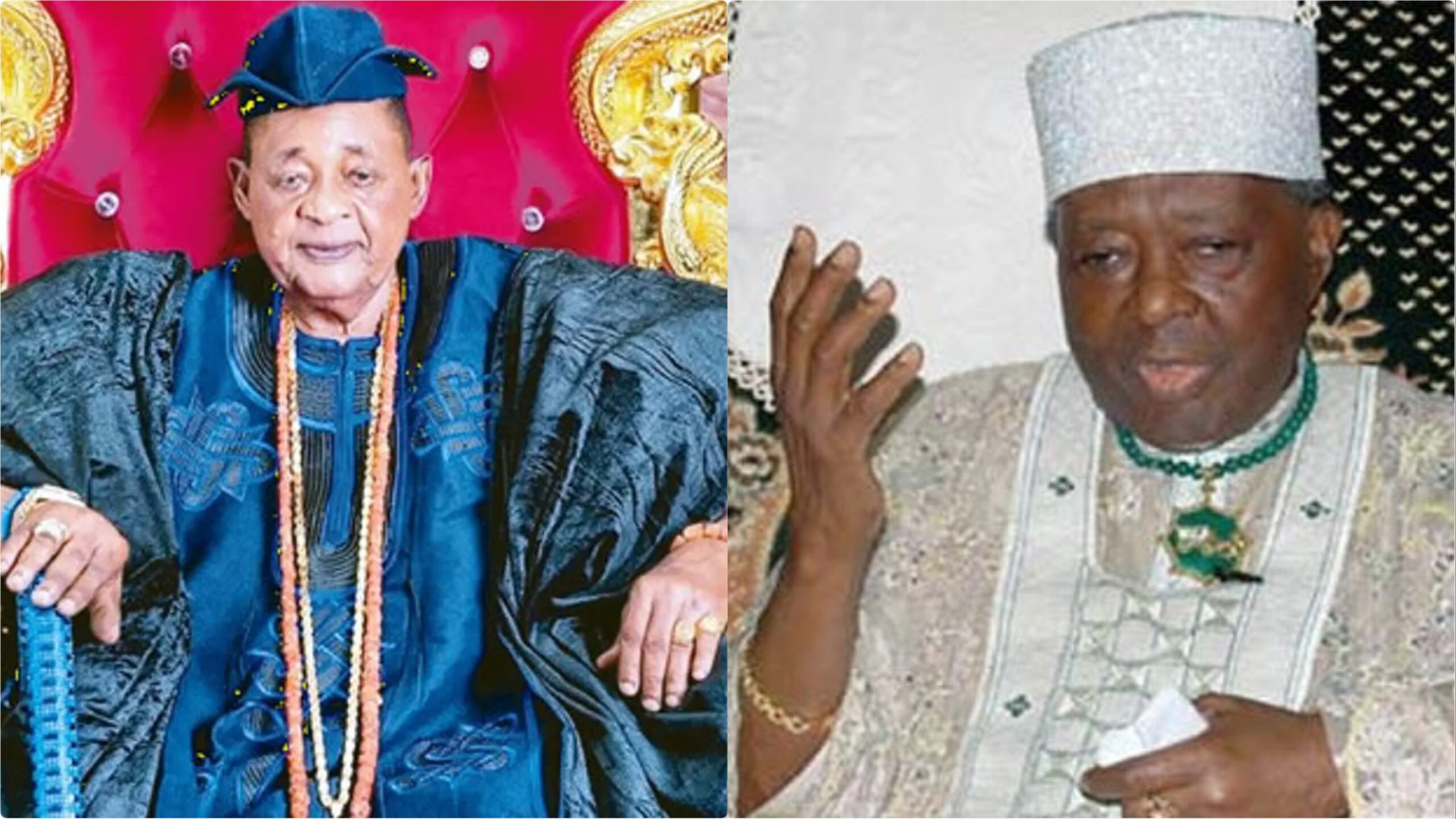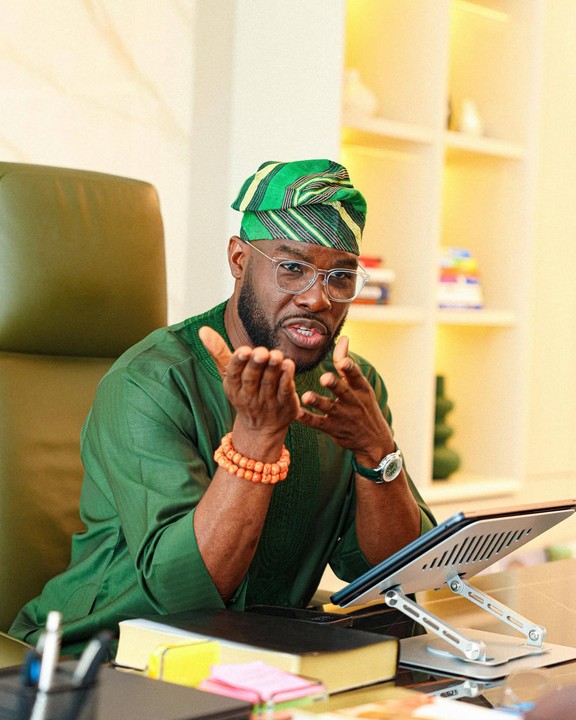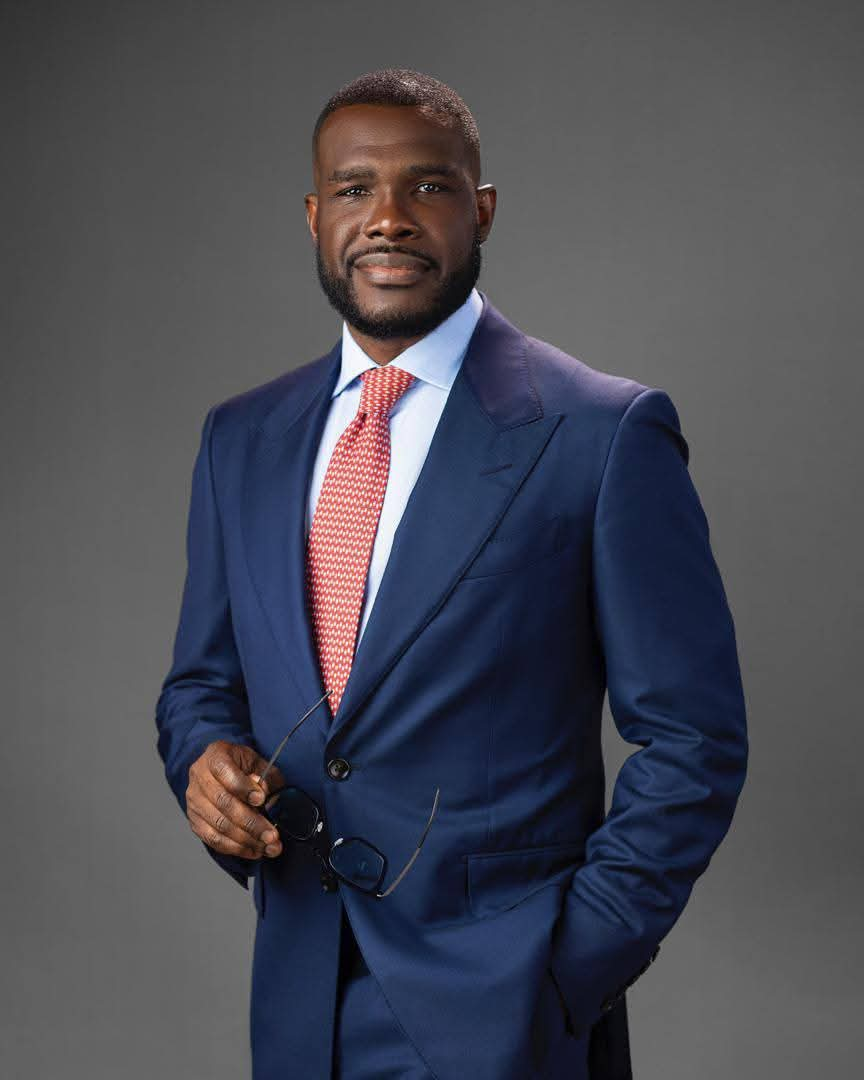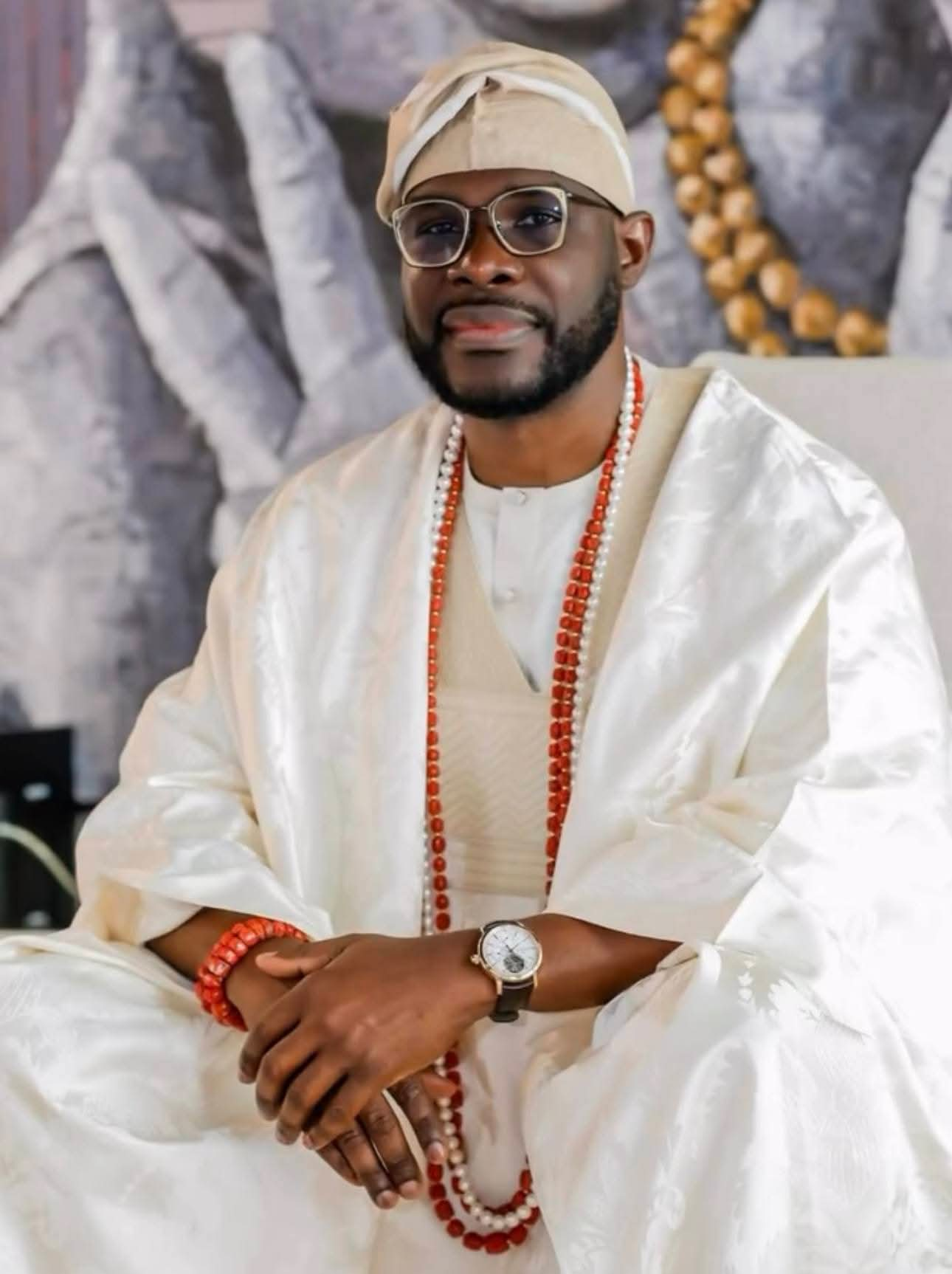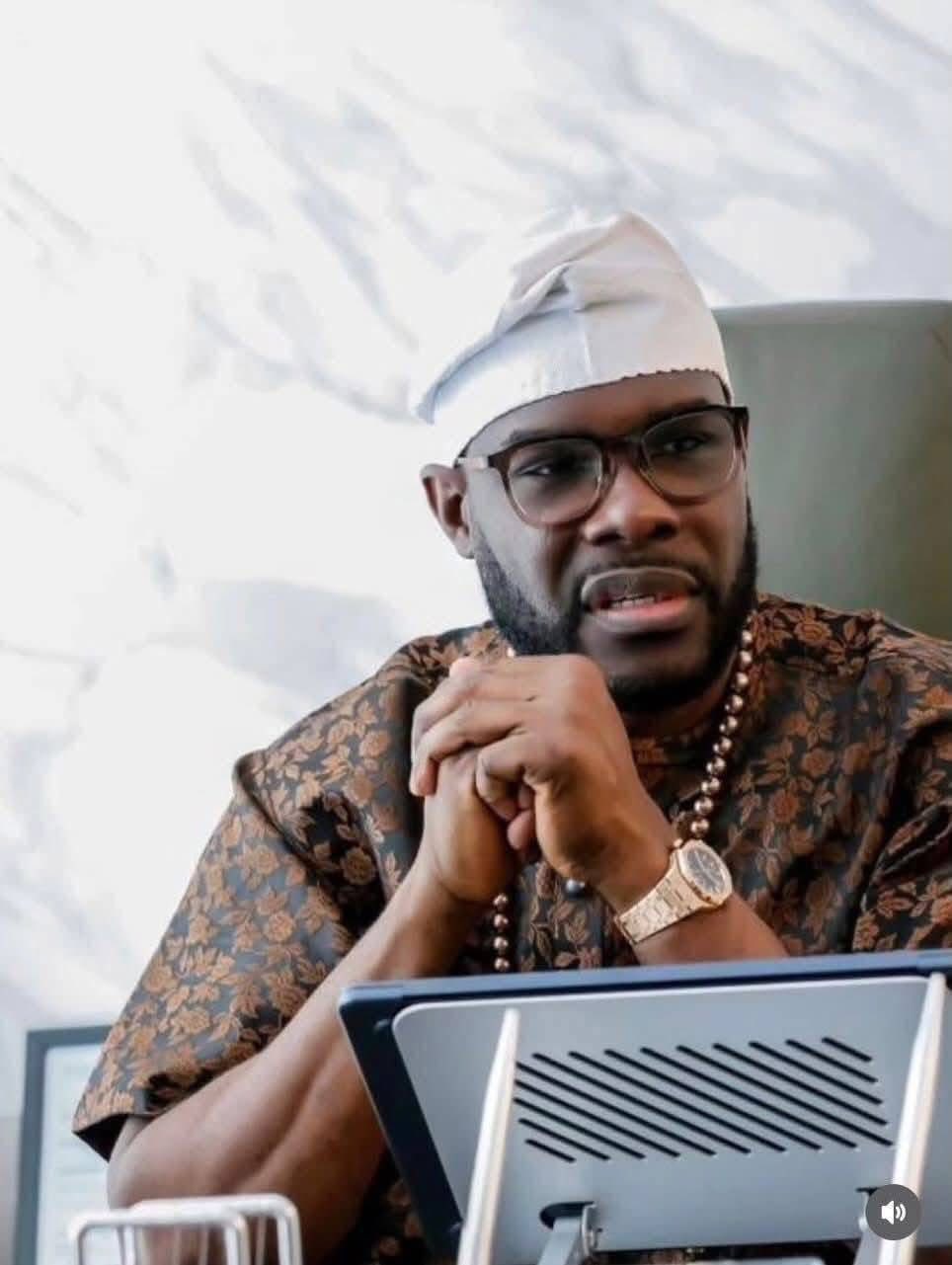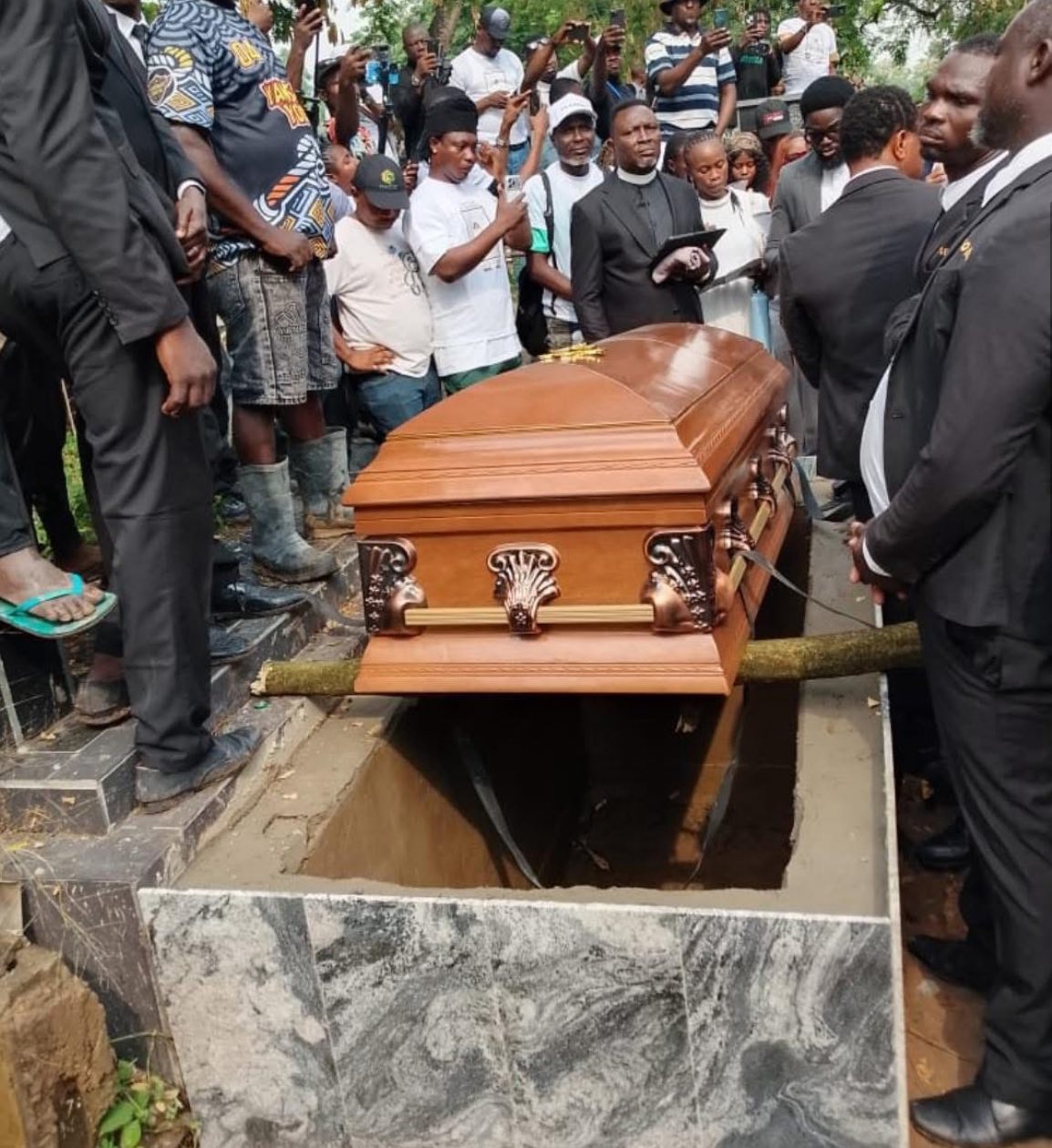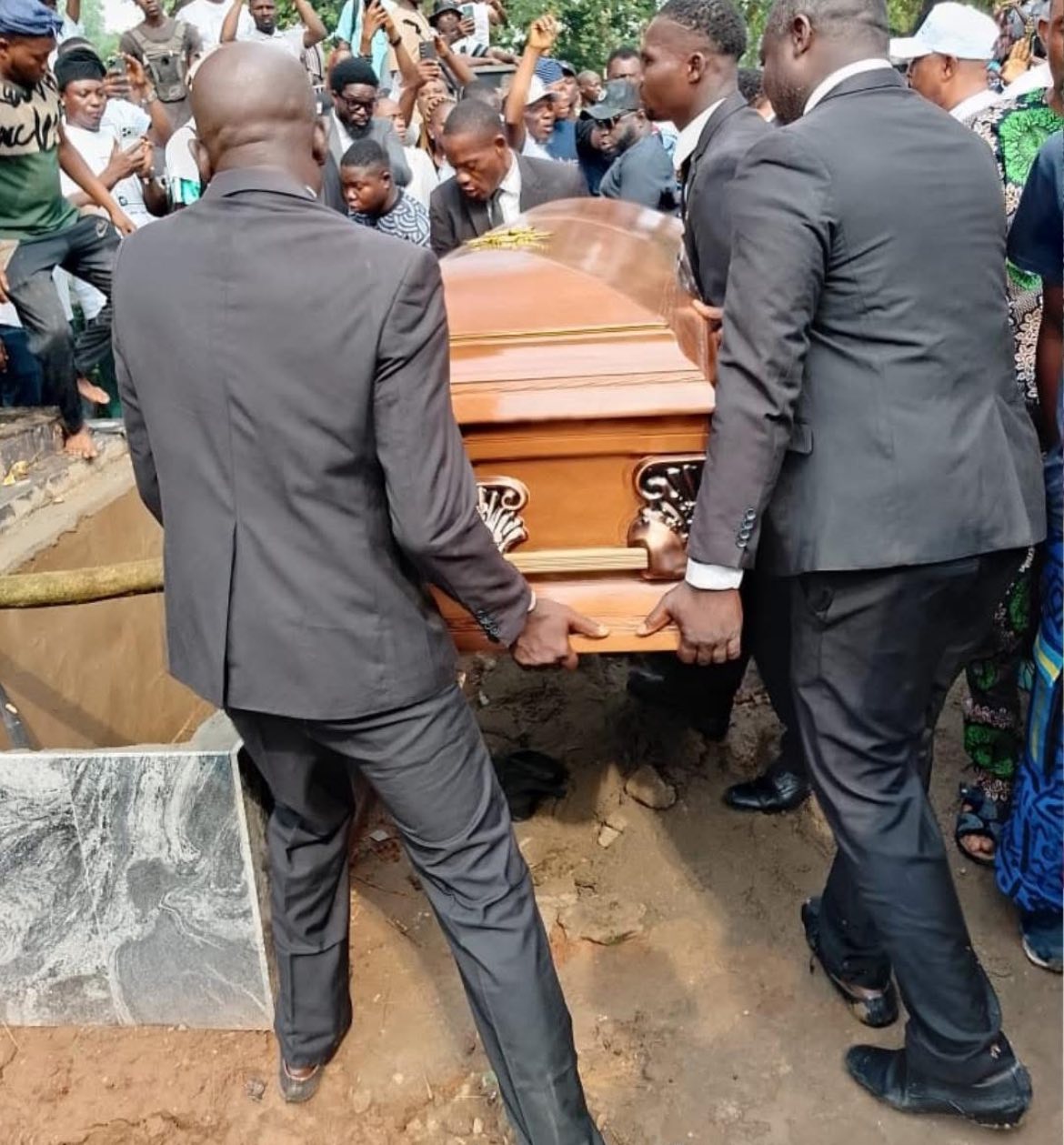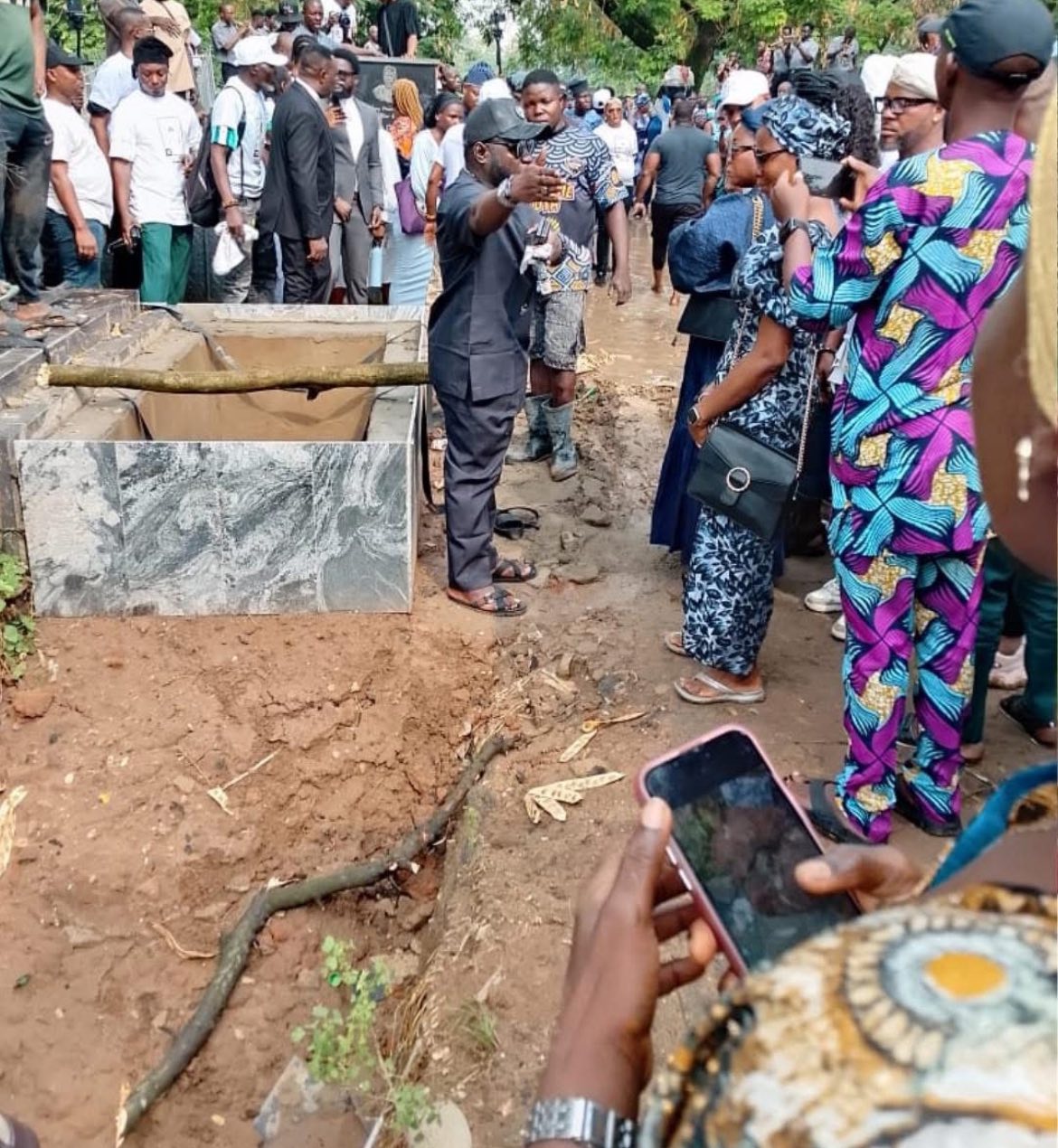Throwback 1991: Alaafin Adeyemi’s letter to military Governor against Ooni Sijuade and how Ooni was stopped from conferring Akinrogun of Yorubaland title on Chief Tom Ikimi
Below is the letter Alaafin Of Oyo Oba Lamidi Adeyemi III to military Governor Abdul-Kareem Adisa over a decision by Ooni Sijuade Olubuse II to confer the title of Akinrogun of Yorubaland on Chief Tom Ikimi. Alaafin felt slighted because it was his right to confer such a title on anyone deemed fit.
Below the letter, you will see how the matter was resolved between Oba Adeyemi and Oba Sijuade.
Our Reference: APO. 13/Vol.XXI11/26
4th March 1991
Colonel Abdul-Kareem Adisa,
The Military Governor of Oyo State,
Military Governor’s Office,
Secretariat,
Ibadan.
My dear Governor,
I have just read in the Guardian Newspapers issue of Wednesday, 27th February, 1991, back page, the purported intention of the Ooni of Ife, Oba Okunade Sijuade Olubuse II to confer an imaginary Chieftaincy title of Akinrogun of ‘Yorubaland’ on the National Chairman of the National Republican Convention (NRC), Chief Tom Ikimi.
In view of the fact that the Oba as a Traditional ruler, is the custodian of Tradition, I have a duty to point to, not only breach of Tradition but an outright desecration of the sacred institution especially when such abuse comes from quarters that are expected to protect and embellish such institutions.
The word, Akinrogun was a Military title of the Egba variation in the Pre-Colonial days. Other Yoruba towns had titles that were peculiar to their respective Military formations, all of them however, working towards the Aare-Onakakanfo, as the Chief of Army Staff to the Alaafin who was the Commander-In-Chief to the entire Yoruba Army.
The Ooni who was the Chief Priest (Shrine Keeper) was never known with any noticeable Military setting strong enough to protect lle-lfe town talk less of the entire Yoruba race. That was why each time Ife was faced with a Military assault, the Ooni cried out for external assistance, first to the Alaafin and later to the British Colonial Administrators.
For example, in 1903, the Ooni of Ife, Oba Olubuse I, had to go to Lagos and pleaded rehabilitation from the Colonial Governor following the destruction, of the lle-lfe town by the Modakekes. See Gazette No. 9 of 28th February, 1903, PP170.
In the said gazette, Ooni Olubuse I admitted before the Governor in Lagos that Ibadan had taken over all his land as a result of their conquest and that all the surrounding towns and villages formerly under Ife were now paying tributes to the Ibadans, Oba Olubuse I, complimented the Alaafin with whose assistance the Ifes were brought back to their home and through which the 12,070 (Twelve Thousand and Seventy) Ife war prisoners were released by the Order of the Alaafin.
I have gone into Military history a bit so as to show that we cannot separate history from Tradition. Since this Government has always talked of the high esteem to which it places the Tradition and Culture of our people, I believe the Government equally holds it a duty to prevent any distortion of the history of any part of the Country by anybody no matter how highly placed for any ego-boasting gimmick.
Of course, I am not unmindful of the efforts of the Government of Oyo State to nip in the bud the unwholesome practice of creation and conferment of spurious titles by some Traditional Rulers in the state. Governor Sasaenia Oresanya in one of the Traditional Council meetings -which he chaired in 1990 shortly before he was deployed passionately appealed to the Obas in the Council to stop the conferment of spurious Chieftaincy titles. He instructed that all future awards of Chieftaincy title should be routed through the Traditional Council at which the Paramount Oba is the Chairman.
I think it will not be out of tune for the Ooni Oba Sijuade to be called upon by the Government to defend his imaginary title of Akinrogun of’ Yorubaland by reference to such and similar titles his forebears awarded before, the past recipients and their places of origin. Unless, that is done, one will not be surprised if it becomes the vogue for any Oba to be conferring their town or villages titles and designate them as ‘Yorubaland’. And that will be [lawlessness per se. I have said it earlier that Oba Okunade Sijuade is behaving as if there is no Authority to check and call him to order and because of that ‘above the law’ syndrome of his, he is in the habit of walking on everybody’s’ back including Government.
Now, on the choice of Chief Tom Ikimi for such a non-existent title, Chief Ikimi is no doubt an eminent Nigerian, a distinguished architect, a notable politician and a highly respected Chief from Bendel State, his colour so far is so immaculate, I supposed, that I cannot see why he should add another one such that can end up in the confusion of his rear colour. I doubt if the time is ripe for any controversy of that nature for the respected Chief.
Secondly, the Government has always talked of Traditional Rulers’ role in the transition, I think the Government cannot pretend ignorance of the direct unceremonious involvement of Oba Okunade Sijuade in the internal workings of the two Political parties in a way, sordid though, that suggests that either side of the coin, he is the kingmaker. If some of us refrain from playing that kind of game with him, it is not because he is more clever, but because we should be seen to keep the dignity of our office by respecting the law and Authority of Government especially with regard to Transition Programme but a situation whereby the Palace or private residences of Oba Okunade Sijuade become the lobby for all elective political offices and without anybody checking him, entirely spells a bad portent for the Transition.
The Oyo State Government has a constitutional duty to call Oba Sijuade to order and direct him to confirm his fabricated Akinrogun Chieftaincy title to his town of lle-lfe. Oyo State laws are clear on this as the area of Traditional Authority of every Oba has been clearly delimited under various legislation.
The instrument of office presented to Oba Sijuade in 1980, during his installation, specifically limits his Traditional area of authority to Oranmiyan Local Government which has now been split into three Local Governments, viz: Ife Central, Ife North and Ife South.
The dictum that nobody is above the law of the land is now being put to a crucial test and the reality of our time makes it very obligatory for all of us to call a spade by its name, in order to leave a worthy legacy for the generation coming after us.
I pray that the Government will act decisively to uphold the courage to defend the sacredness of the institution of the Chieftaincy as it cannot be otherwise as the Government is the agent regulating the institution of the Traditional Ruler itself.
IKU BABAYEYE,
Signed
OBA LAMIDIOLAYIWOLA ADEYEMI III, JP, CFR, LL.D, THE ALAAFIN OF OYO
The Governor, Col. Adisa, held a meeting with monarchs in the state on Thursday, 7th March 1991 and it was resolved that no one should give what he does not possess. This put an end to the plan by the Ooni to confer the Akinrogun of Yorubaland title on Yorubaland on Chief Tom Ikimi.
FOLLOW US ON:
FACEBOOK
TWITTER
PINTEREST
TIKTOK
YOUTUBE
LINKEDIN
TUMBLR
INSTAGRAM

 News5 hours ago
News5 hours ago
 Politics5 hours ago
Politics5 hours ago
 News5 hours ago
News5 hours ago
 News5 hours ago
News5 hours ago
 News4 hours ago
News4 hours ago
 Politics4 hours ago
Politics4 hours ago
 Crime5 hours ago
Crime5 hours ago
 News3 hours ago
News3 hours ago
